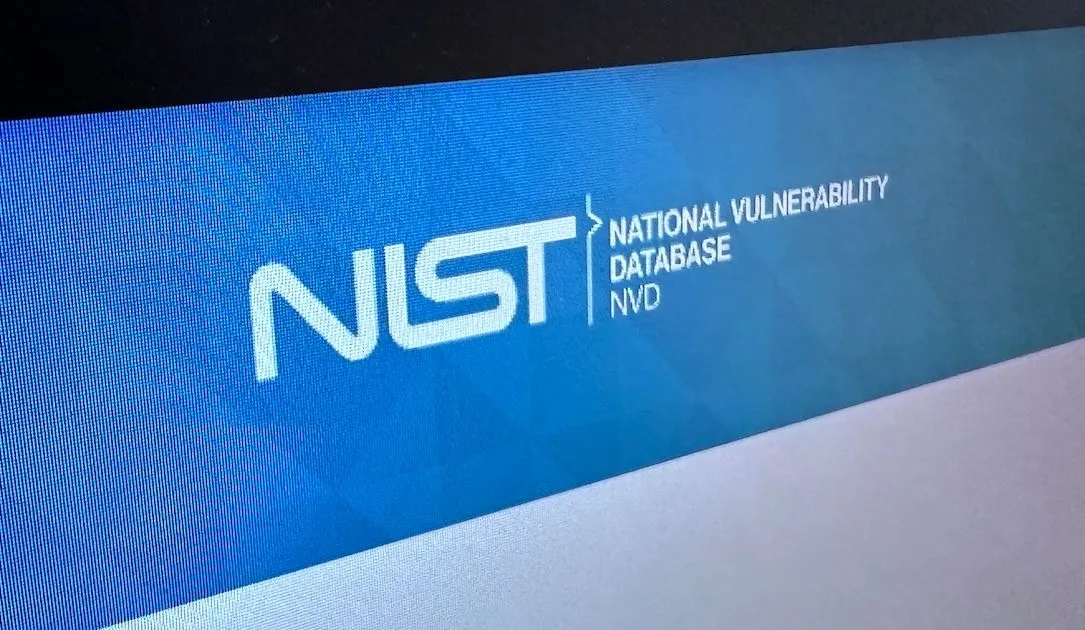Trend Micro partners with Nvidia on AI-driven cybersecurity

Trend Micro is showcasing new cybersecurity tools that run on Nvidia’s chips at the Computex conference this week, according to Reuters.
WHY IT MATTERS
Healthcare organizations are using AI to ease documentation burdens across groups and may pull data from across their networks – including electronic health records – into one place hackers may target in their efforts to breach and ransom and sell healthcare data.
“They work their way into the enterprise and they find this massive honeypot of information,” Kevin Simzer, Trend Micro chief operating officer told Reuters.
Simzer also told the wire service Sunday in Taiwan that the tools could also be used to protect data fed into AI systems, including generative AI chatbots that may contain protected information.
Nvidia AI computing is being leveraged to enhance patient risk assessments, for example.
National Health Research Institute and Chang Gung Memorial Hospital in Taiwan are using AI to predict the risk of chronic diseases by analyzing various genetic and environmental parameters according to the company.
“This level of analysis was previously unattainable due to computational constraints,” Dr. Hung-Yi Chiou, director of the Institute of Population Health Sciences at NHRI said in the Nvidia’s blog post Sunday.
THE LARGER TREND
Many technology platforms healthcare organizations use now have AI integrations that tap into provider data, and many more will be cropping up in mobile applications accessed by providers and patients.
Last year, Salesforce announced data cloud automation and AI integrations that create real-time patient profiles from EHR data and other systems. Many vendors offer similar chatbot-based access to streamline operations.
Amanda Bury, chief commercial officer at Infermedica, a digital health company specializing in AI-powered systems for symptom analysis and patient triage, told Healthcare IT News last month that AI could optimize the patient portal and mobile experiences.
“By integrating AI tools into familiar patient-facing technologies, such as patient portals or mobile applications, healthcare organizations can help guide patients toward the most appropriate care options, including telemedicine, based on their specific health profile, medical history and current symptoms,” Bury said.
While genAI may help better serve patient needs, hackers that phish or break their way into these systems can ask specific questions to get the underlying data.
ON THE RECORD
“That’s what we’re going to be looking for and making sure that we see it first and we can make sure that it doesn’t go any further,” Simzer told Reuters.
Andrea Fox is senior editor of Healthcare IT News.
Email: afox@himss.org
Healthcare IT News is a HIMSS Media publication.



